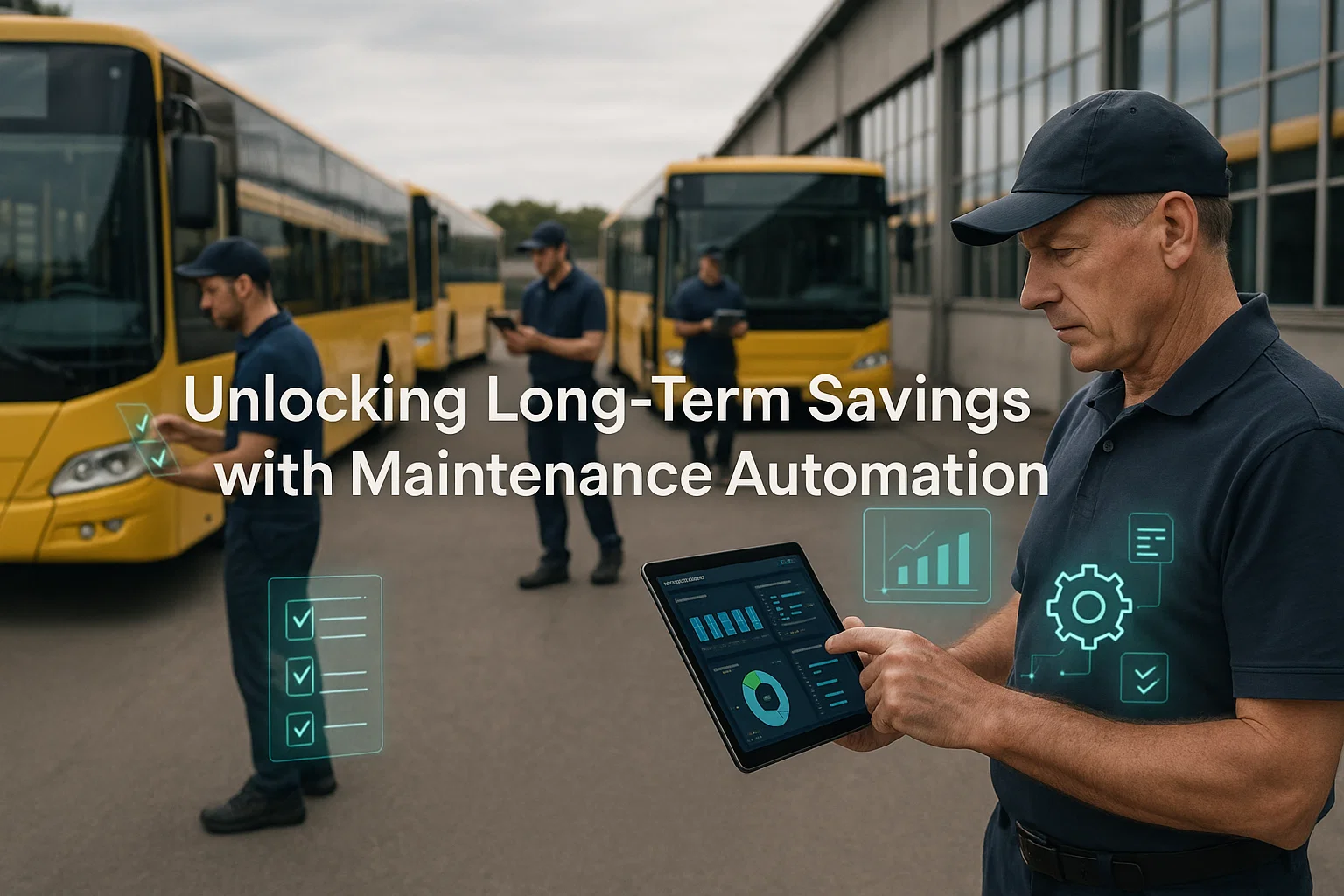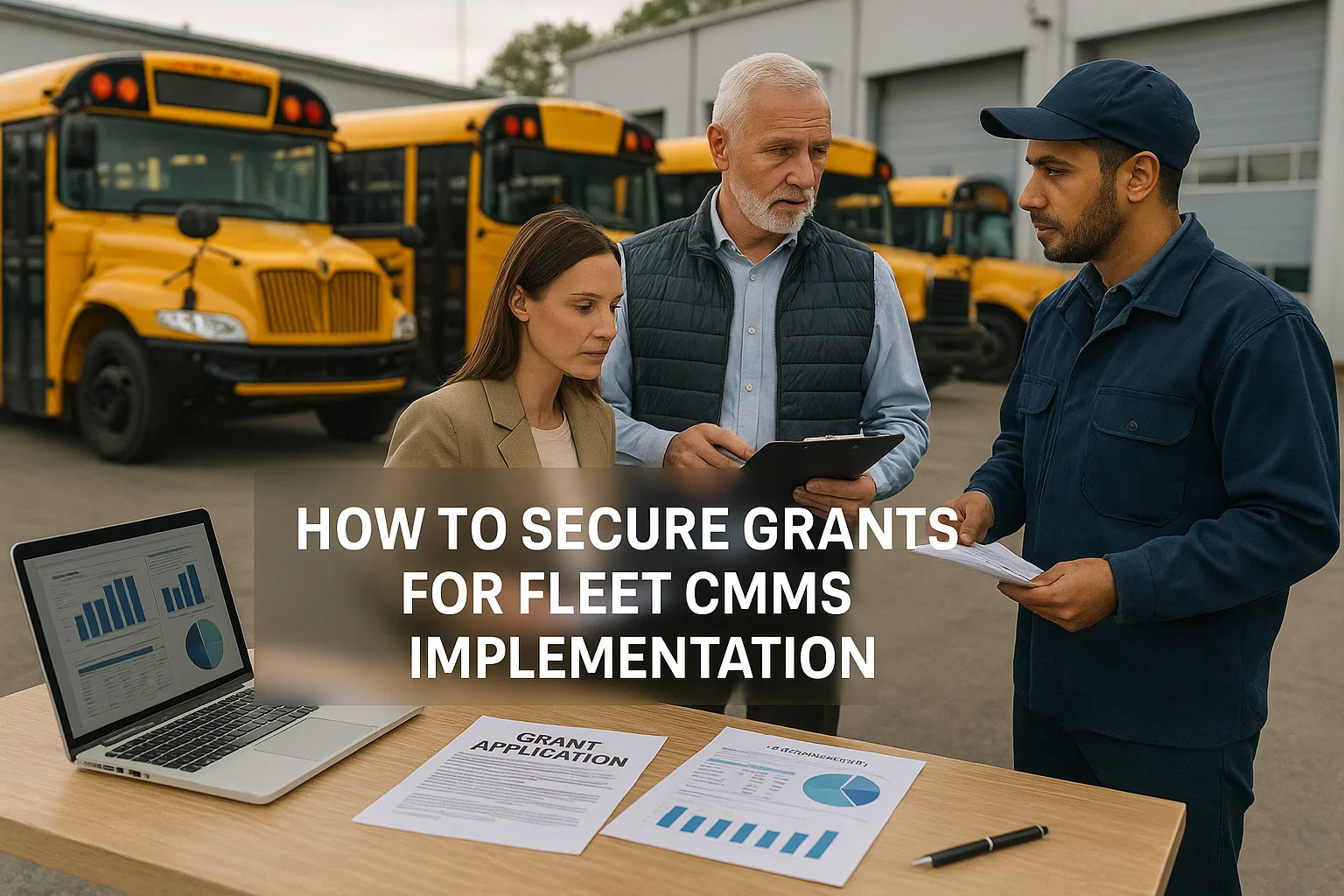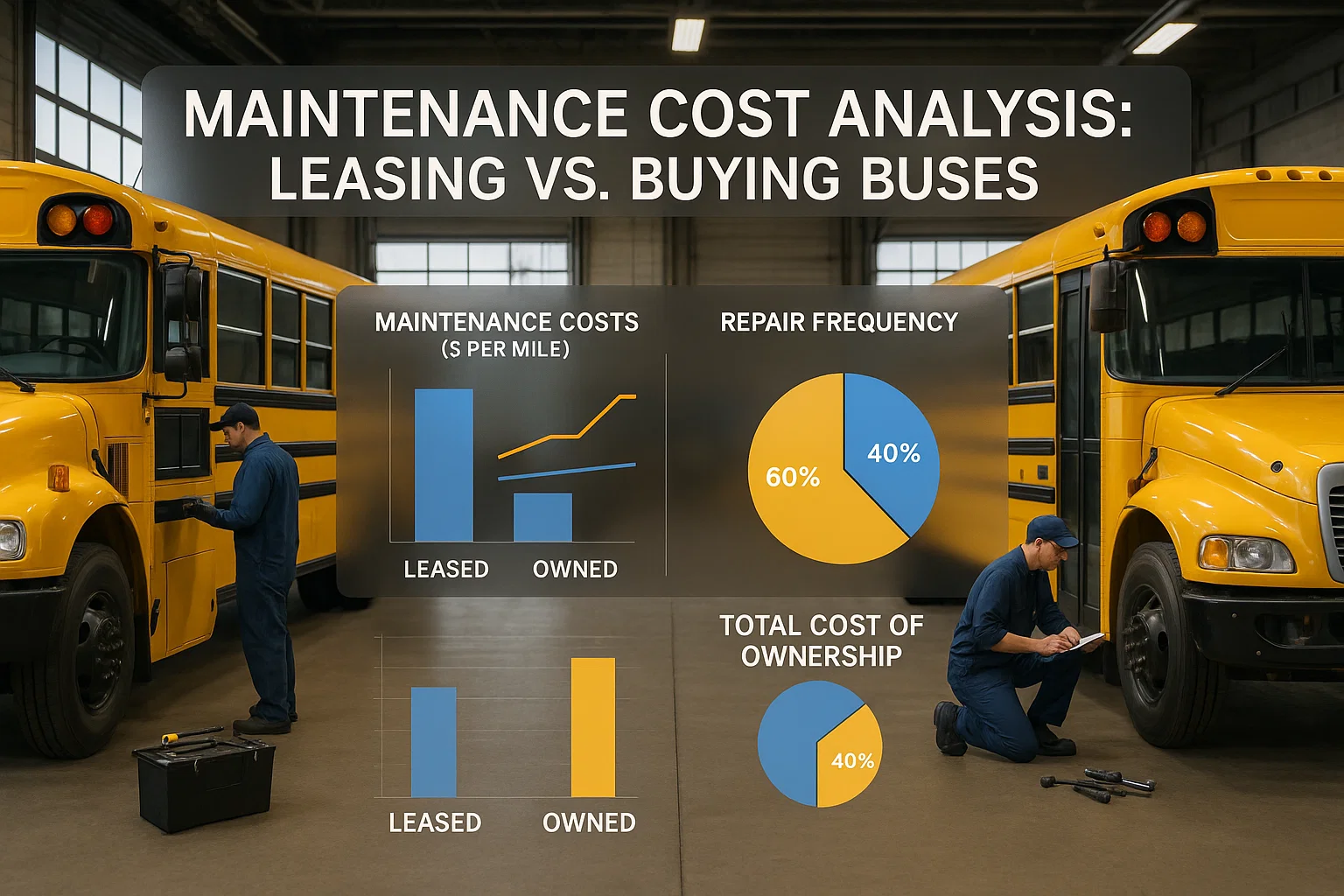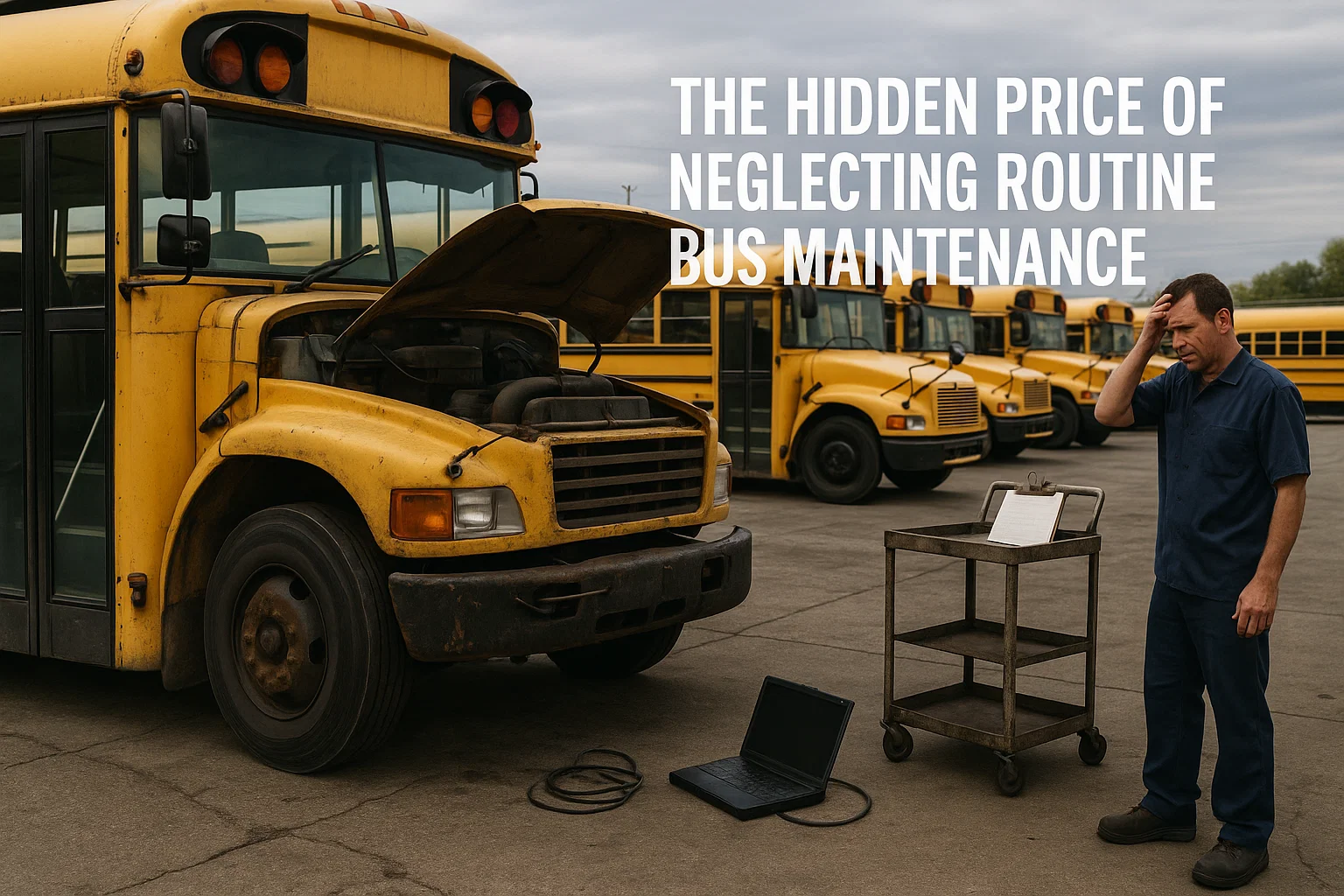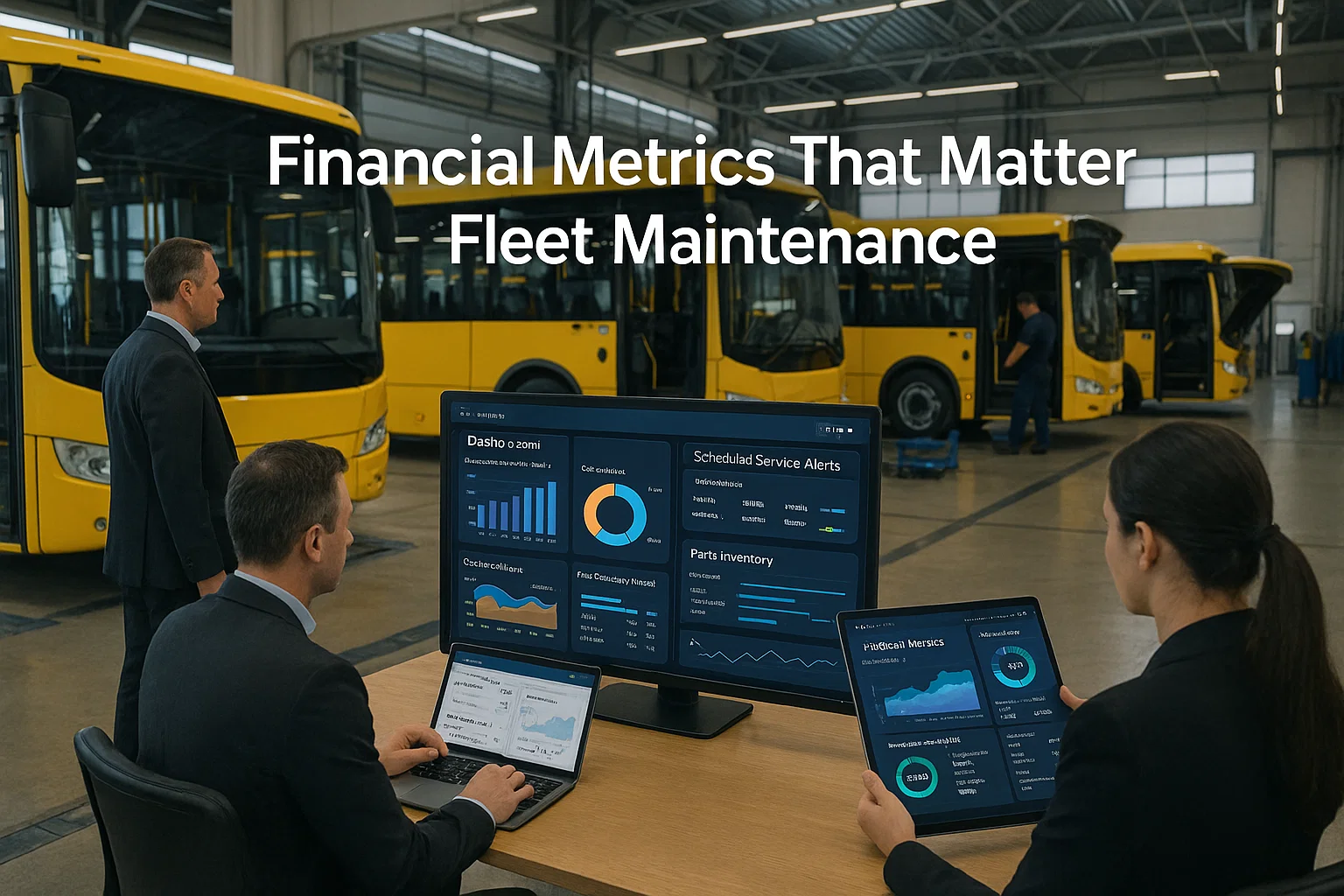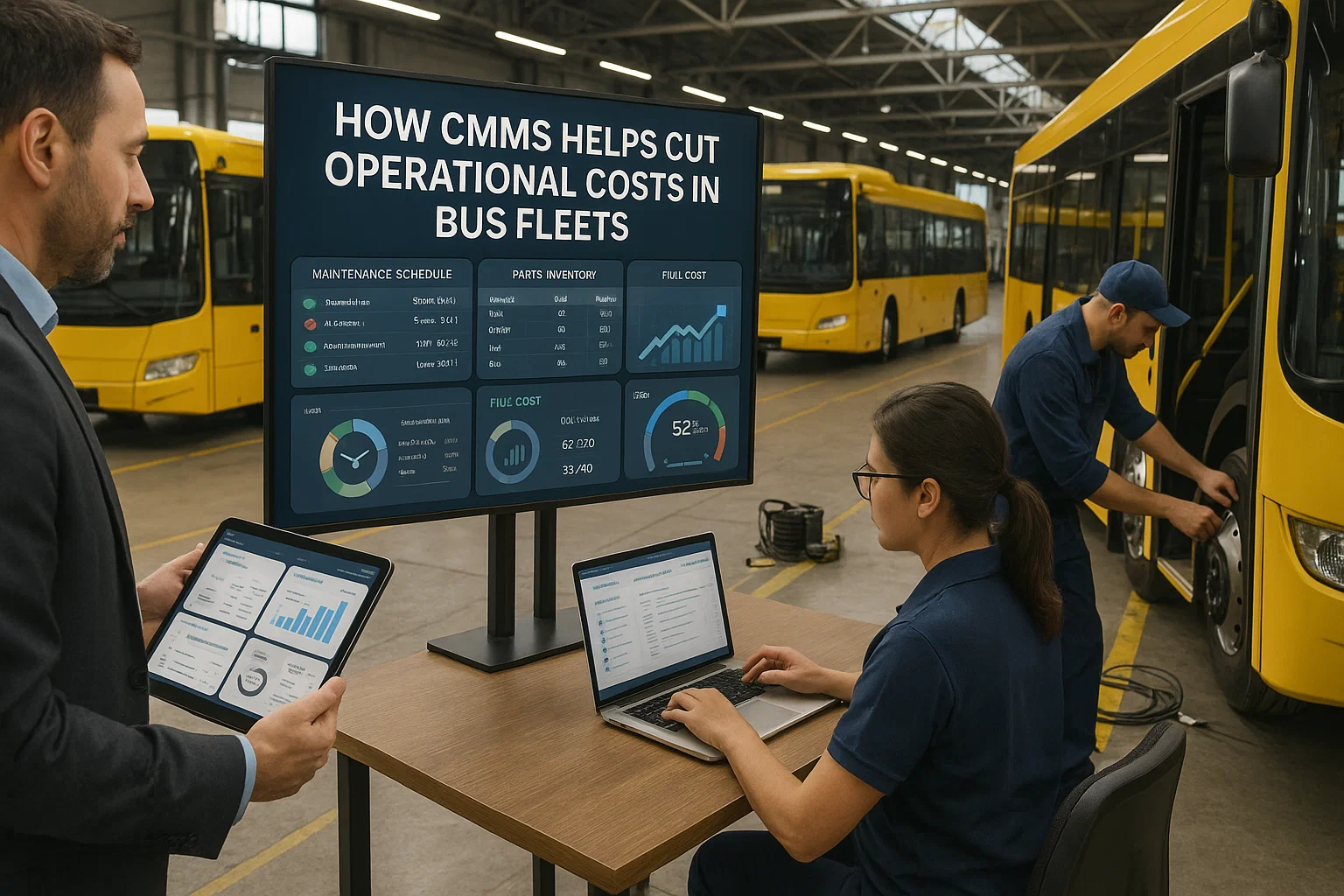The transformation of public transit toward sustainable fuel practices represents a critical evolution in urban transportation systems. As environmental regulations tighten and communities demand cleaner air, transit agencies across the United States are pioneering innovative approaches to reduce emissions while maintaining operational efficiency.
Transit fleets consume approximately 2 billion gallons of fuel annually in the United States, making the shift to sustainable fuel practices both an environmental imperative and an economic opportunity. Modern fleet management systems, particularly Bus CMMS platforms, enable transit agencies to optimize fuel consumption, track emissions data, and implement predictive maintenance strategies that enhance overall sustainability.
The integration of alternative fuel technologies with comprehensive maintenance management through Bus CMMS systems has demonstrated measurable improvements in both environmental impact and operational costs. Transit agencies report up to 40% reduction in greenhouse gas emissions and 25% decrease in fuel costs when implementing data-driven sustainable fuel strategies.
Understanding Alternative Fuel Technologies
The landscape of sustainable fuel options for public transit continues to evolve, offering multiple pathways toward reduced emissions and improved air quality. Each technology presents unique advantages and implementation considerations that require careful evaluation through comprehensive fleet management systems.
Electric Bus Technology
Battery electric buses (BEBs) represent the fastest-growing segment in sustainable transit, with over 5,000 units deployed across US cities. Bus CMMS platforms track critical battery performance metrics, charging patterns, and energy consumption to optimize route planning and maximize operational efficiency.
Hydrogen Fuel Cell Systems
Fuel cell electric buses (FCEBs) offer extended range capabilities and rapid refueling, making them ideal for longer routes. Advanced monitoring through Bus CMMS systems ensures optimal fuel cell performance and predictive maintenance scheduling based on real-time operational data.
Renewable Natural Gas (RNG)
RNG derived from organic waste provides a carbon-negative fuel option that leverages existing CNG infrastructure. Fleet managers utilizing Bus CMMS can track fuel quality metrics and engine performance parameters to ensure optimal combustion efficiency.
Critical Implementation Challenges
Key Obstacles to Address
- Infrastructure Requirements: Charging stations, hydrogen fueling facilities, and upgraded maintenance bays require significant capital investment
- Technician Training: Alternative fuel technologies demand specialized skills and safety certifications for maintenance personnel
- Range Anxiety: Battery limitations and charging times affect route planning and operational flexibility
- Cost Considerations: Higher upfront vehicle costs and infrastructure investments challenge budget constraints
Successful implementation requires comprehensive planning supported by robust data analytics. Bus CMMS platforms provide the necessary insights to navigate these challenges through predictive modeling, cost-benefit analysis, and performance tracking capabilities.
Maintenance Strategies for Alternative Fuel Vehicles
Alternative fuel buses require specialized maintenance approaches that differ significantly from traditional diesel fleets. Bus CMMS systems enable maintenance teams to develop customized protocols for each fuel technology while maintaining comprehensive documentation and compliance tracking.
Electric Bus Maintenance
Battery Management
Regular thermal imaging, cell balancing verification, and state-of-health monitoring to maximize battery lifespan
High-Voltage Systems
Specialized inspection protocols for electrical connections, insulation integrity, and safety interlocks
Regenerative Braking
Calibration and performance optimization to maximize energy recovery and reduce brake wear
Hydrogen Fuel Cell Maintenance
Fuel cell systems require meticulous attention to air filtration, coolant quality, and stack performance. Bus CMMS platforms track degradation patterns and schedule preventive maintenance based on operational hours and performance metrics.
Data-Driven Fuel Optimization
Modern Bus CMMS systems leverage telematics integration to provide comprehensive fuel management capabilities that extend beyond simple consumption tracking. Advanced analytics identify efficiency opportunities across entire fleet operations.
Key Performance Indicators
- Energy Efficiency Metrics: Miles per gallon equivalent (MPGe), kilowatt-hours per mile, and regenerative braking efficiency
- Route Optimization: Terrain analysis, traffic pattern integration, and charging/fueling location planning
- Driver Behavior Analysis: Acceleration patterns, braking efficiency, and idle time reduction
- Predictive Analytics: Component wear prediction based on fuel type and operational patterns
Infrastructure Planning and Integration
Successful sustainable fuel implementation requires strategic infrastructure development aligned with operational requirements. Bus CMMS platforms facilitate comprehensive planning through capacity modeling and utilization analytics.
Charging Infrastructure Design
Electric bus deployments demand careful consideration of charging strategies, including depot charging, on-route charging, and mixed approaches. Advanced scheduling through Bus CMMS ensures optimal charging sequences that balance grid demand, time-of-use rates, and operational requirements.
Facility Modifications
Alternative fuel vehicles often require significant facility upgrades including ventilation systems, fire suppression equipment, and specialized maintenance bays. Comprehensive project management through Bus CMMS platforms ensures coordinated implementation while maintaining ongoing operations.
Frequently Asked Questions
How does Bus CMMS support sustainable fuel transitions?
Bus CMMS provides comprehensive data analytics and maintenance tracking specifically designed for alternative fuel vehicles. The platform monitors critical performance metrics like battery health, fuel cell efficiency, and emissions data while automating maintenance schedules based on manufacturer specifications and real-world performance patterns. This integrated approach ensures optimal vehicle performance, extends component lifespan, and maximizes the environmental benefits of sustainable fuel technologies.
What ROI can transit agencies expect from Bus CMMS implementation?
Transit agencies implementing Bus CMMS for sustainable fuel fleet management typically see ROI within 12-18 months through reduced fuel costs (20-30% savings), decreased maintenance expenses (25% reduction), and improved vehicle availability (15% increase). The platform's predictive analytics prevent costly breakdowns, optimize energy consumption, and extend vehicle life cycles. Additionally, comprehensive reporting capabilities support grant applications and regulatory compliance, often resulting in additional funding opportunities for sustainable transit initiatives.
Regulatory Compliance and Reporting
Critical Compliance Requirements
- Federal Transit Administration (FTA) Guidelines: Zero-emission fleet transition plans and progress reporting
- EPA Emissions Standards: Real-time monitoring and documentation of emissions reductions
- State Mandates: California's Innovative Clean Transit rule and similar state-level requirements
- Safety Regulations: OSHA compliance for high-voltage systems and hydrogen handling
Maintaining compliance across multiple regulatory frameworks requires robust documentation and reporting capabilities. Bus CMMS platforms automate compliance tracking and generate required reports, ensuring agencies meet all regulatory obligations while focusing on operational excellence.
Financial Strategies and Funding Opportunities
The transition to sustainable fuels requires strategic financial planning and leveraging available funding sources. Bus CMMS systems provide the data analytics necessary to build compelling grant applications and track project outcomes.
Funding Sources
- Federal Programs: Low or No Emission Vehicle Program, Bus and Bus Facilities Program, CMAQ funding
- State Incentives: Volkswagen Settlement funds, state-specific clean transportation programs
- Utility Partnerships: Make-ready programs, demand charge management, and time-of-use rate structures
- Private Partnerships: Energy-as-a-Service models and performance-based contracts
Driving the Future of Sustainable Transit
The implementation of sustainable fuel practices in public transit represents more than an environmental initiative—it's a comprehensive transformation of how agencies operate, maintain, and optimize their fleets. Success requires the integration of advanced technologies, strategic planning, and data-driven decision-making.
Bus CMMS platforms serve as the technological backbone for this transformation, providing the tools necessary to monitor performance, optimize operations, and demonstrate environmental impact. As transit agencies continue their journey toward zero-emission fleets, the combination of sustainable fuel technologies and sophisticated management systems will define the future of public transportation.
Ready to Transform Your Fleet's Sustainability?
Discover how Bus CMMS can accelerate your transition to sustainable fuel practices while optimizing operational efficiency and reducing costs.


